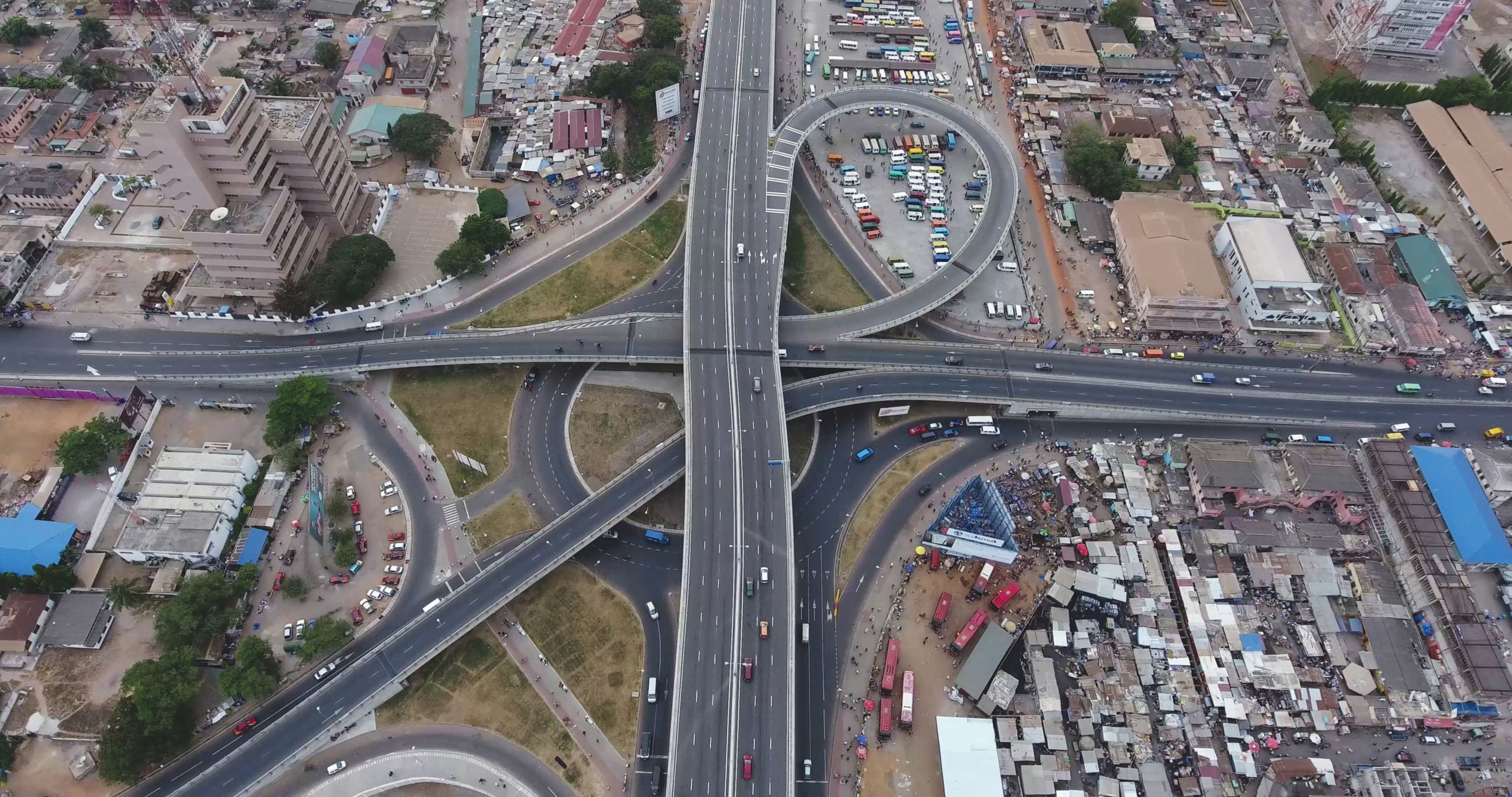Boasting an abundance of natural resources, a young workforce, a growing middle class, and a government-incentivized investment climate, Ghana is positioned as a premier investment destination in Africa.
For generations, Ghana’s mineral wealth flowed outward, with a stream of gold, manganese, and bauxite feeding the industries of countries all across the globe. In recent years, however, the nation’s mineral resource stewardship has taken a novel shift, with a focus on adding value to its raw natural resources before they reach the global market. The establishment of a 400kg-capacity gold refinery through a public-private partnership in 2024 and the planned construction of a US$450 million manganese refinery this year, marks a bold stride towards this commitment.
The latter is expected to raise Ghana’s revenue from manganese from the current 27% to nearly 40%, while creating 400,000 jobs for the youth. Large-scale salt mining is another positive development in the country’s economy. “We have a salt mine that is slated to become the biggest salt-producing facility in Africa. We are expanding its capacity from 650,000 metric tons of salt per annum to one million metric tons this year and to two million metric tons by 2027,” says Daniel McKorley, Executive Chairman of McDan Group. With increased demand for renewable energy sources, Ghana’s possession of copper and rare earth elements will also propel the nation to the forefront of the green mining revolution.
Eliminating tariffs on most traded goods and encouraging regional value chains, the advent of the African Continental Free Trade Area (AfCFTA) has the potential to impact Ghana’s mining industry and other sectors. Ghanaian businesses will benefit from increased market access through the initiative, which will create a market of over 1.2 billion people and a combined GDP of US$3.4 trillion. As the designated host of the AfCFTA organization that will oversee the implementation of the agreement, Ghana plays a prominent leadership role in the initiative, one that is amplified by its strategic location within Africa. “Ghana is centrally located in Africa. It serves as a significant conduit for exports for a number of landlocked countries,” says Sam Aidoo, Executive Director of GCB Bank.
Loading...
As one of the top recipients of foreign direct investment in West Africa, Ghana focuses on continuously improving investors’ experiences by streamlining bureaucratic procedures and offering tax incentives. Julie Essiam, Commissioner General of the Ghana Revenue Authority, says, “Ghana offers a welcoming environment for investors through several key structures. There are temporary taxation arrangements. Foreign investors can benefit from a tax rebate program offering around 5%. Manufacturers located in special economic zones such as the Accra-Tema zone enjoy significant tax breaks, with rates around 25%.” In 2019, Ghana conducted a year-long program dubbed ‘The Year of Return’ that focused on providing investment opportunities to welcome back the diaspora, boosting tourism, and attracting investment. “We have made great efforts to mobilize diaspora investment. Diaspora investors are seen as a source of stable capital, less likely to repatriate funds during periods of economic volatility,” says Alex Dadey, Executive Chairman of KGL Group.
Building on this collaborative momentum, Ghana fosters a strong partnership with the private sector, leveraging the sector’s capital, expertise, and technology to accelerate the development of needed infrastructure and the provision of service delivery in the country.
“The future is positive. The key lies in creating a level playing field for investors. This will unlock a domino effect, with increased investment leading to job creation, tax revenue growth, and a thriving economy. However, taking the first step is essential,” notes Mahesh Melwani, Joint MD of Melcom. This commitment to collaboration extends beyond infrastructure projects and reflects a broader national commitment to stability.
The country has a long history of peaceful democratic transitions, making it a reliable and predictable environment for businesses to invest. Kosi Yankey Ayeh, CEO of Ghana Enterprises Agency, says, “Ghana is a beacon of democracy and stability. We’ve done pretty well as a nation. I think that successive governments and everyone have ensured that we are able to maintain stability through a peaceful transition of power with the future in mind.” From its supportive government policies to its dynamic market and focus on innovation, Ghana stands out as an attractive destination for investors seeking long-term success.
Loading...
